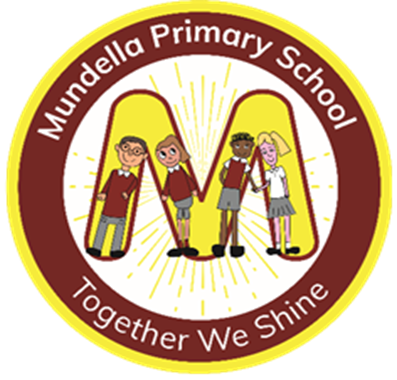Reading
Reading at Mundella
Throughout school, children are continually exposed to a wide range of genres, including fiction, non-fiction and poetry. At Mundella we have high expectations of all children, which are well-considered and realistic to their abilities.
To promote a love of reading at Mundella, children are encouraged to borrow books from our school library, in addition to their reading book.
Literacy lessons are mostly taught through the stimulus of a high-quality text, which will always be appropriately challenging for each year group, supporting children to achieve their highest potential within reading. The texts that we chose to study throughout the year contain interesting and varied vocabulary, chosen carefully to challenge and broaden children’s understanding of the English language.
Reading assessments are carried out regularly, in order to track the progress of each individual child.
Key Stage One
Reading in Foundation Stage and Key Stage One is taught primarily through daily systematic phonics sessions. At Mundella we follow the Little Wandle Letters and Sounds phonics scheme and use cued articulation alongside this. Cued articulation is designed to support children who have speech and language difficulties and gives children a clearer understanding of how to make each sound. Children are encouraged to apply the skills they learn in phonics to all reading and writing activities.
Children take home books which are closely linked to their phonics ability. These books include a variety of fiction and non-fiction texts, which also contain notes to support parents with reading at home.
Children also access regular Guided Reading teaching, where whole class texts are introduced, and reading skills are modelled and developed.
Key Stage Two
Within Guided Reading lessons a reciprocal style of reading is used, ensuring that all children are able to participate and appropriately supported and challenged. Some skills covered within our Guided Reading lessons are: comprehension, inference, deduction and summarising.
In order to encourage independence within our children and also to encourage a love of reading, many children are given the freedom to choose their own reading books within school, once they have achieved the ‘Ruby Reader’ status.
